Search: Ocean and coasts
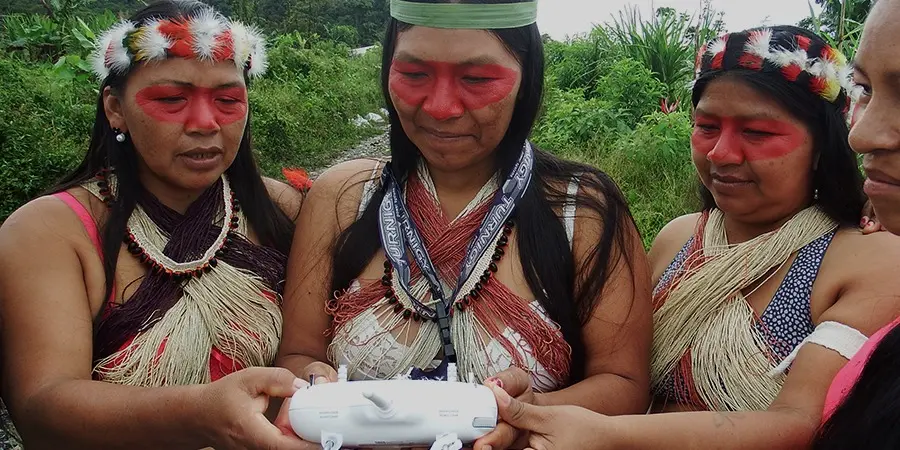
Project | 27 Dec, 2016 - 31 Mar, 2023
The work area of the Amazon 2.0 project is implemented in: Brazil, Colombia, Ecuador, Peru, Guyana, Suriname. Its mission is to strengthen forest governance models in indigenous and peasant territories of the Amazon biome.
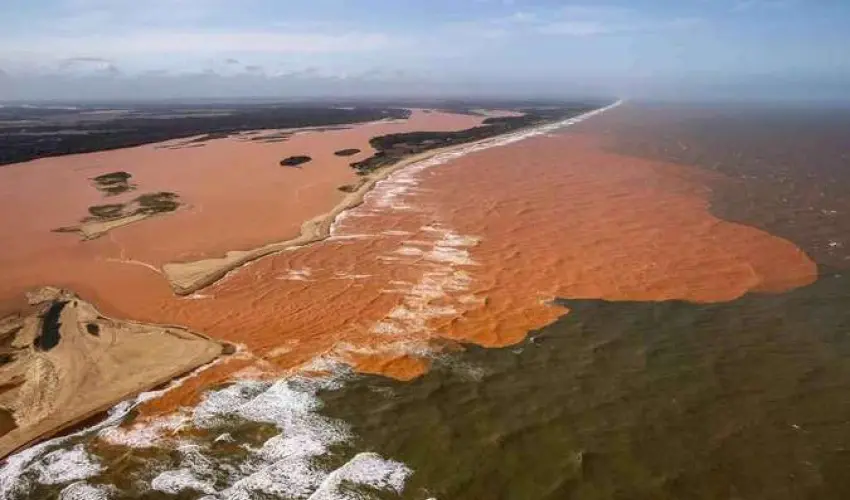
Project | 30 Aug, 2017 - 30 Apr, 2023
Rio Doce Panel - Independent Scientific and Technical Advisory Panel (ISTAP)
The Rio Doce Panel is an Independent Scientific and Technical Advisory Panel (ISTAP) convened and managed by IUCN to provide objective recommendations to the restoration of the Rio Doce watershed.
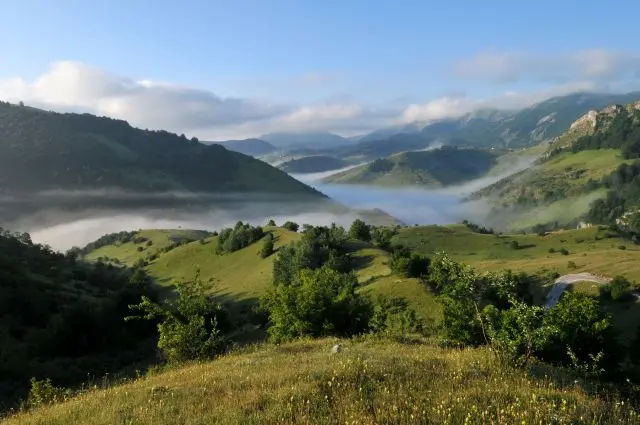
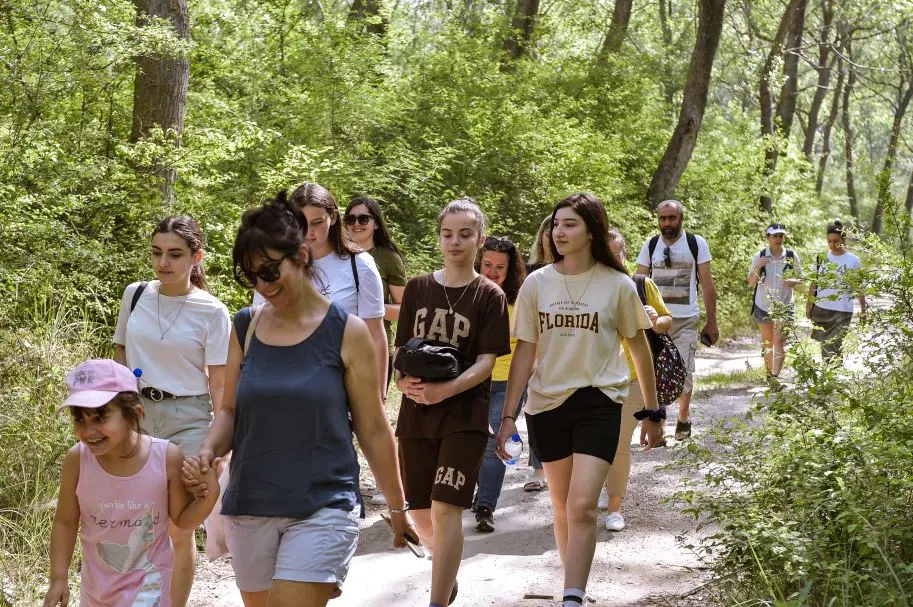
Project | 15 Jun, 2021 - 14 Jun, 2022
Community and youth engagement for wetlands conservation in the Buna River Delta
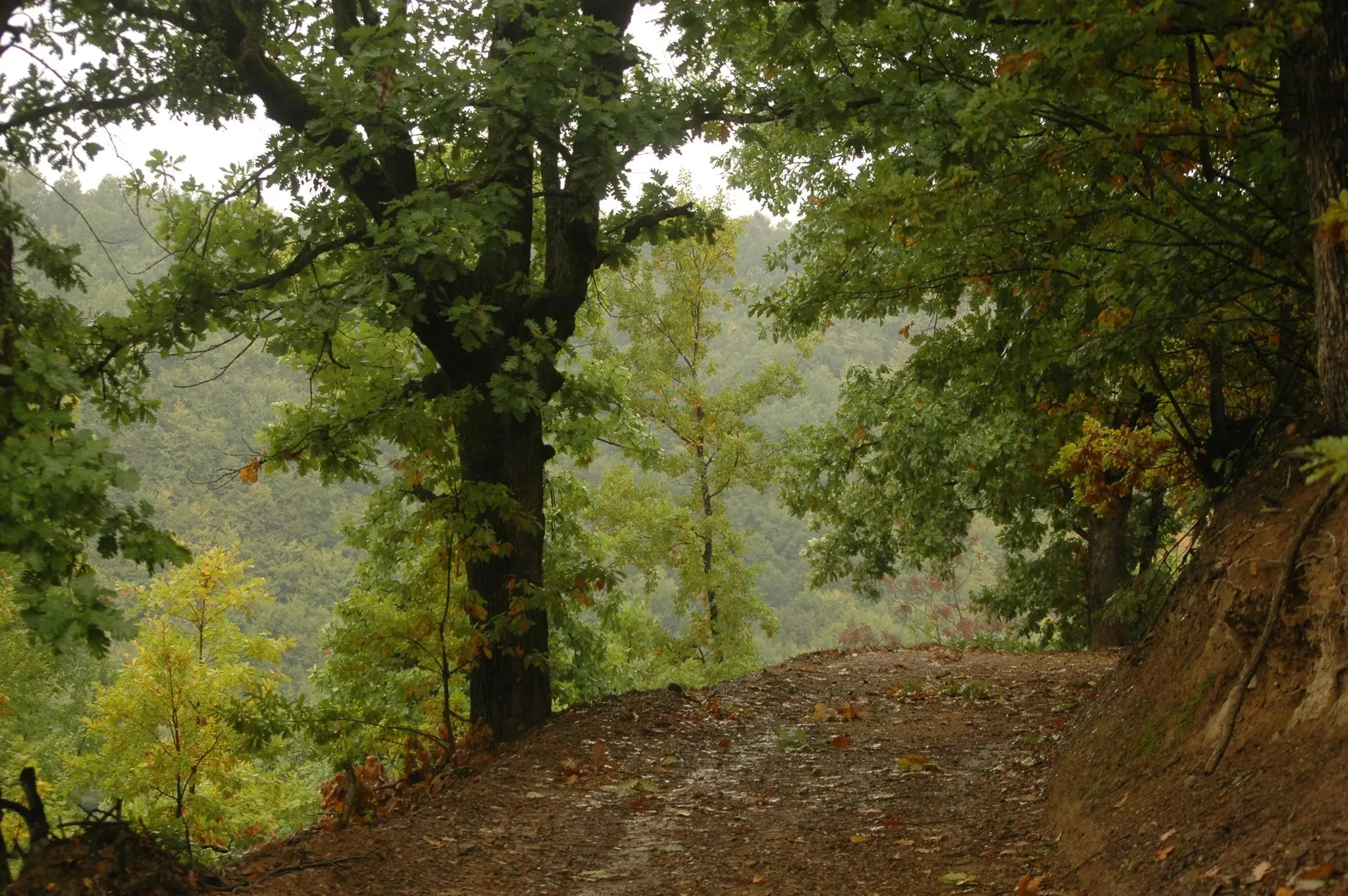
Project | 01 Nov, 2019 - 31 Jul, 2024
Nature-based Solutions for Resilient Societies in the Western Balkans
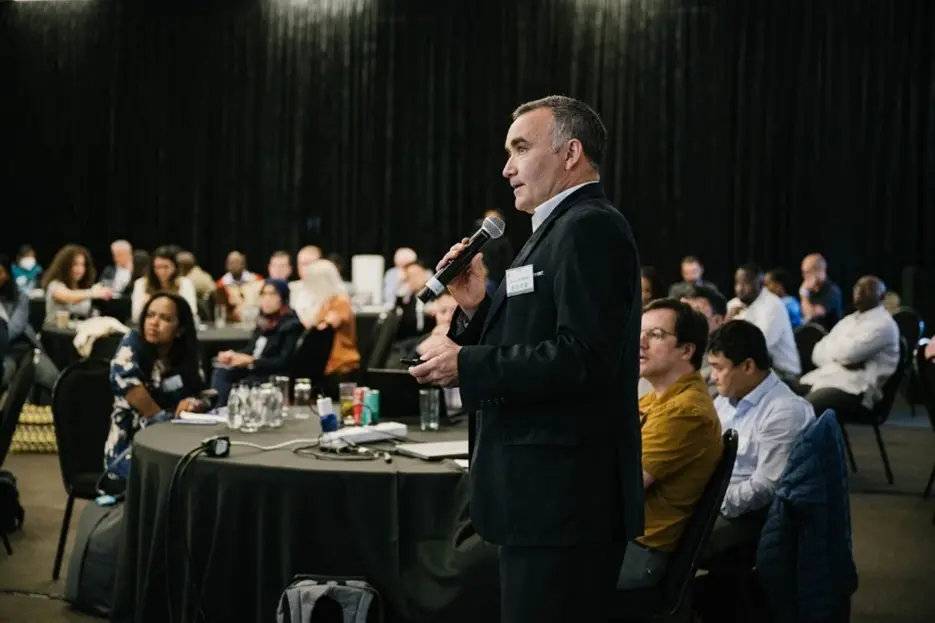
Blog | 02 Apr, 2024
Green List Forum: a deep reflection on the future of global conservation
In December 2023, a seminal event took place in Cape Town, South Africa, bringing together experts to discuss the progress and challenges of the IUCN Green List Programme.

Grey literature | 2024
The Fundão disaster in 2015 was one of the biggest environmental disasters in Brazil’s history. The collapse of the dam near the city of Mariana released around 39 million m3 of tailings, which travelled 670 km to reach the Atlantic Ocean. Along the way, the tailings resulted in 19 deaths,…
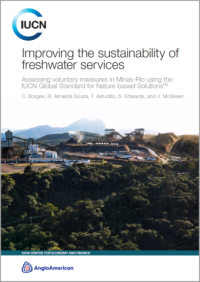
Grey literature | 2024
Improving the sustainability of freshwater services
The IUCN Global Standard for Nature-based Solutions™ self-assessment tool is a recent framework for assessing the effectiveness of a potential NbS intervention against eight good practice principles, associated with 28 criteria. This report brings an overview of the NbS Global Standard…
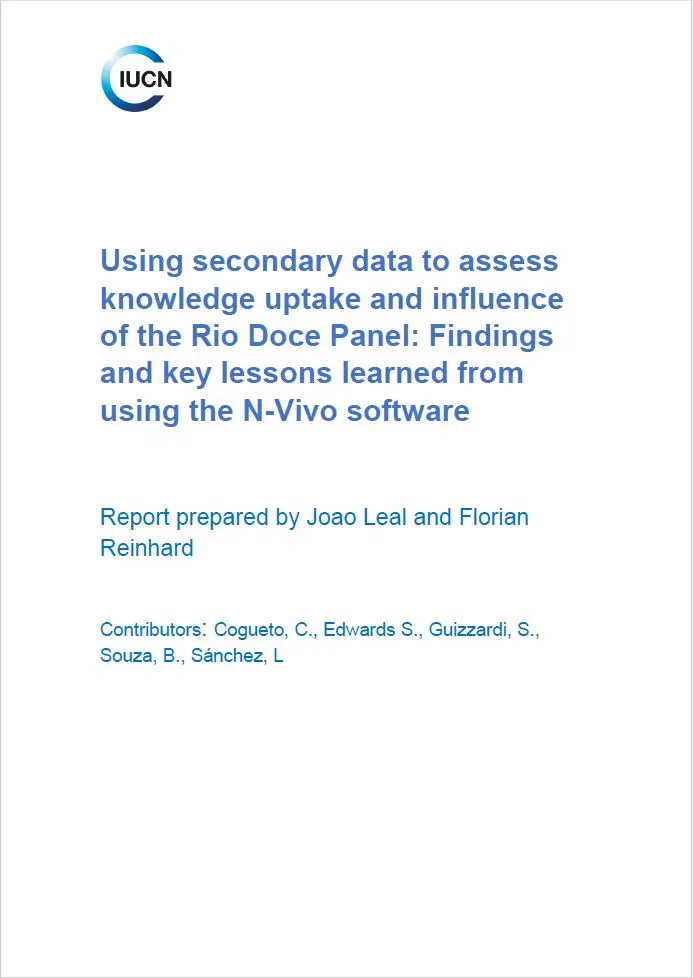
File | 2023
Using secondary data to assess knowledge uptake and influence of the Rio Doce Panel
Findings and key lessons learned from using the N-Vivo software
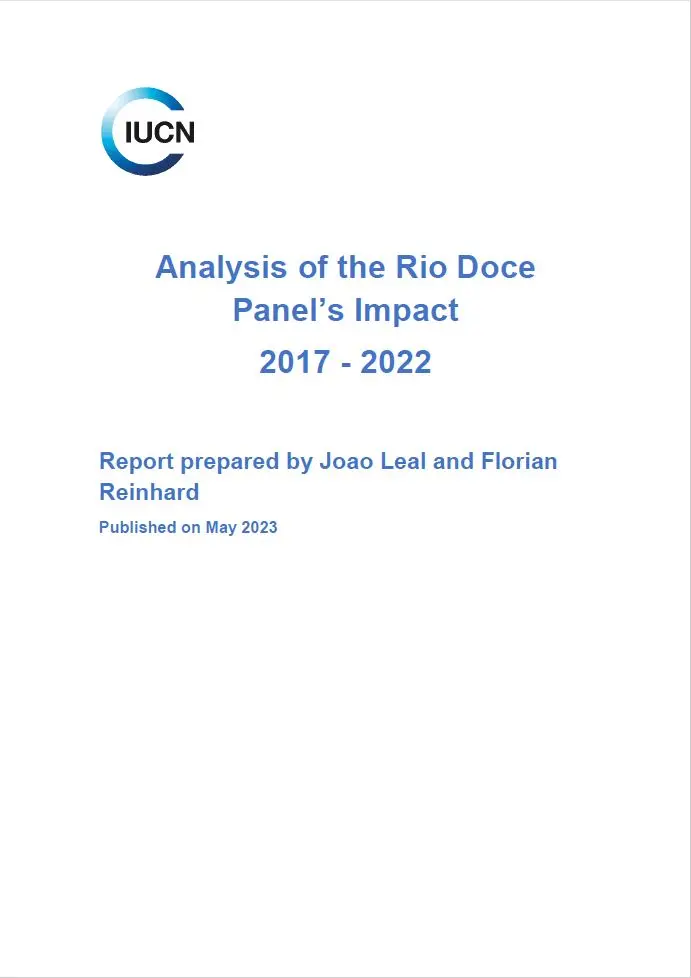
File | 2023
Analysis on the Rio Doce Panel impacts
Analytical report on the main influences of the Rio Doce Panel
